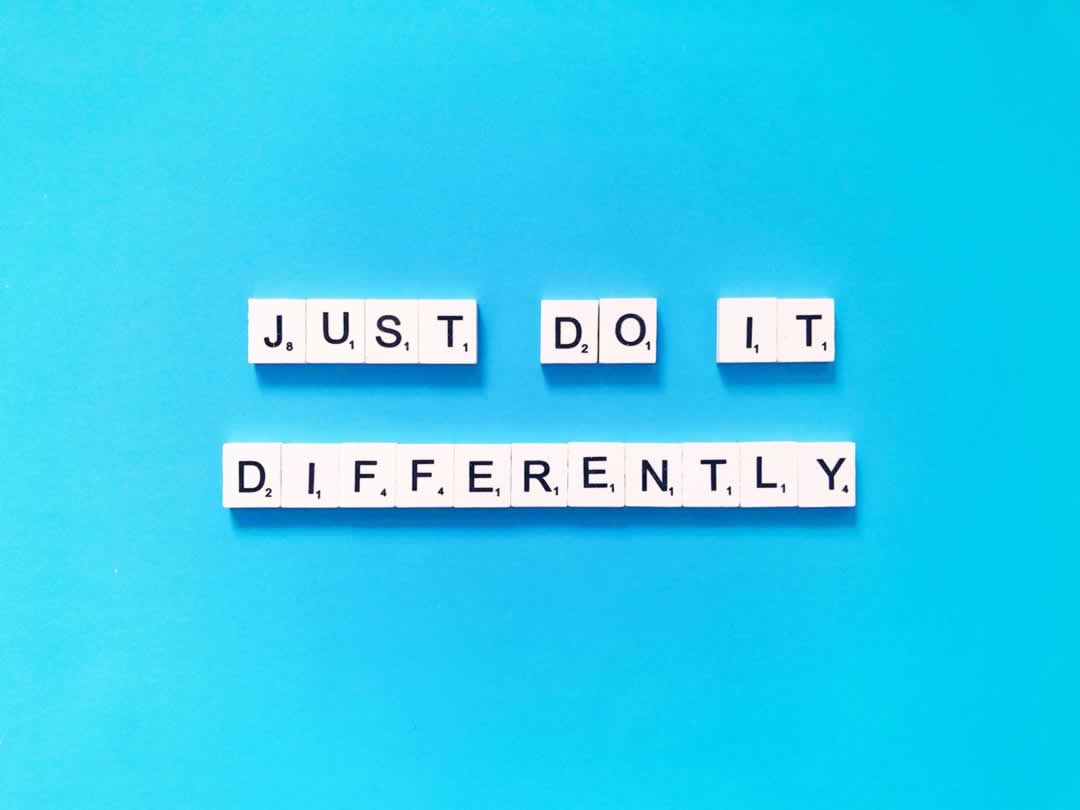table of contents
Let’s get something straight—being the first to do something doesn’t mean you were original. And being original doesn’t automatically make you innovative.
In fact, those are three entirely different animals. And if you’re building something that matters—your business, your career, your legacy—you need to know the difference.
Here’s the breakdown no one ever gave you.
Being First: Proof of Possibility
Being first is all about timing. It answers the question, “Did someone do this before me?”
You don’t have to be brilliant. You don’t even have to be original. You just have to be first across the line in a particular context.
Think:
- The first influencer to jump on TikTok.
- The first startup to bring micro-loans to smartphones.
- The first person in a room to suggest something that sounds wild but doable.
Being first proves it can be done. It cracks open the door. But it doesn’t define the future. Most firsts are forgotten—not because they weren’t bold, but because they weren’t useful or repeatable.
Being Original: A Shift in Substance
Originality is about the what. What exactly are you creating that didn’t exist before?
It’s not about being first to say something. It’s about saying something that matters in a new way.
Originality brings meaning. It reshapes conversations, reorients assumptions, and gives people new language or perspective.
Here’s the kicker:
You can be original and still not be first. You can say something someone else whispered years ago, but if you say it louder, clearer, or more usefully—you’re the one who gets remembered.
Originality often sounds like this:
- “I’ve never thought of it that way before.”
- “That’s exactly what I’ve been trying to say—but you nailed it.”
- “That changes how I see everything.”
Being Innovative: Utility + Repeatability
Innovation is originality with a blueprint. It answers the how.
It’s not enough to invent something. Innovation is about building it, refining it, simplifying it—so others can use it, scale it, or build on it with less effort.
Innovation = usefulness × adoption.
You don’t just invent. You create a new norm.
Think:
- Canva made design tools usable by the masses.
- Uber didn’t invent taxis—they redefined how we get in one.
- That quiet analyst who automated a broken internal process? Innovator.
Innovation makes a ripple systemically—not just intellectually.
So Why Does This Distinction Matter?
Because we often confuse attention with impact.
You might be first, and still irrelevant. You might be wildly original, and still hard to adopt. And you might innovate brilliantly—but never get credit because someone else popularized it better.
But here’s the real power: You don’t have to be all three.
In fact, most legendary builders pick a lane. Some invent the system. Some name the system. Others turn it into something the rest of us can actually use.
But the ones who change the game? They know what lane they’re in—and they play it hard.
Final Truth: Most of Us Aren’t Original—And That’s OK
Let’s stop pretending every idea has to be groundbreakingly new.
You’re probably not the first. You might not be original. But if you can solve real problems in a better way, you’re already ahead of most.
The goal isn’t novelty for novelty’s sake.
The goal is progress. Meaning. Traction.
And that? That’s where innovation lives.



